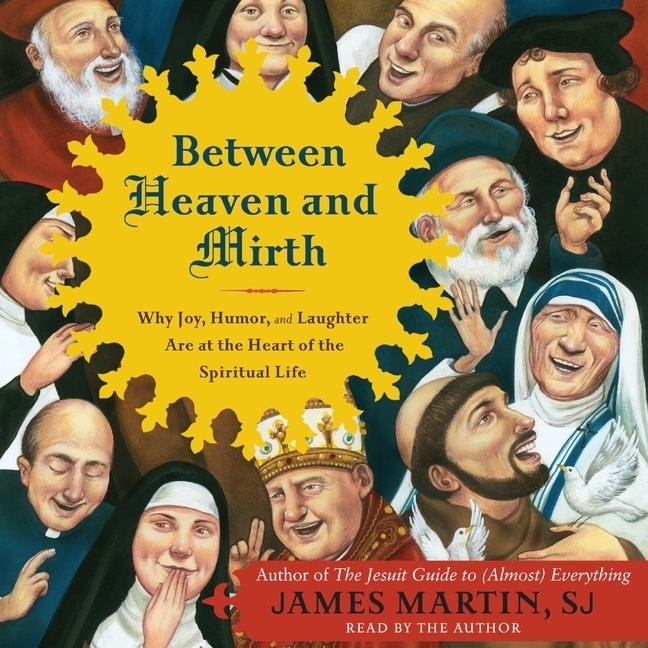What do you think?
Rate this book


Audiobook
First published October 4, 2011
Then she recounted the story of two friends whose mutual friend had died. "They missed her terribly," said [Margaret] Silf. "They planted what they thought were daffodil bulbs on her grave and grieved all winter. In the spring they returned to the grave to pay their respects and discovered a wonderful crop of ... onions! They laughed until they cried--and they are convinced their friend was right in there laughing with them.There were a few places where Martin was going so fast that he skimmed on providing all the information we needed for the book to be as solid as it could. The primary place I noticed this, and the one that kept bothering me, was his lack of distinction when he compared Zachariah's doubt at the promise of a son after many years of childlessness (who would become John the Baptist) and Mary's reasonable, straight-forward question about how she could become pregnant if she'd never "known" a man. Zachariah, the experienced priest who should have known better than to doubt, is struck mute by the angel. The simple question of the young girl, Mary, is answered. Martin's joke in the footnote that Gabriel is gentler with women was amusing but completely inaccurate and that made me a bit wary of other such confident assertions about Scripture when they came up.
James Martin was quick to add, however, that being happy is synonymous with being happy does not necessarily mean being always cheerful. You are still not expected to always be smiling when you are inside the church or a religious event. Or call attention to yourself by trying to be funny. When your joy is from your inside, it will radiate to your face, it will give it a holy glow. Look at really religious people like St. Pope John Paul II or Mother Theresa. Even if they were old, wrinkled or gray or no hair, they still look fresh and young.
I used to see paintings like this before but I used to think that they are preposterous. James Martin changed my mind. There are indeed many passages in the Bible that are supposed to be funny. But when we were taught about them when we were kids, we were made to believe that they were to be taken seriously. For example, how could a mustard seed turn into a big shady tree that can serve as a home for birds?